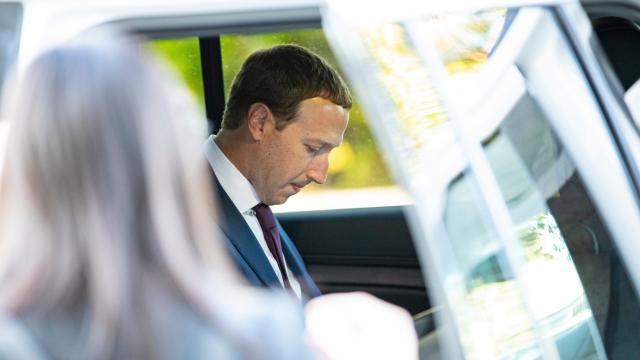Forty-seven U.S. state attorneys general have now joined a sweeping investigation into Facebook’s business practices aimed at determining whether the company has engaged in anti-competitive behaviour, ignored privacy laws, or violated any other laws, according to the New York Attorney General’s office.
In a statement on Wednesday, Letitia James, the Democratic attorney general of New York, said in a statement that investigators would use every tool at their disposal “to determine whether Facebook’s actions stifled competition and put users at risk.” The officials also aim to determine whether Facebook has “reduced the quality of consumers’ choices” and “increased the price of advertising.”
“When competition is blocked, innovation can be stifled and consumers are harmed. Facebook, like every other company, must comply with our antitrust laws, and this investigation is looking into whether it has,” said Wisconsin Attorney General Josh Kaul, adding: “No one is above the law.”
The probe is the latest sign of a growing bipartisan unease with the immense sway a small number of tech companies hold over the global digital economy. Google’s market power is likewise being scrutinised by attorneys general in four dozen U.S. states. And the U.S. Justice Department, reflecting concerns that “Big Tech” is abusing its control to stifle competition in markets, announced a broad antitrust review of Facebook, Google, Amazon and Apple this winter.
Anti-monopolists such as U.S. Senator Elizabeth Warren, a 2020 Democratic presidential candidate, have repeatedly called for Facebook to be broken up this year, arguing that the company, which consumes an estimated 83 per cent of the social ad market, represents an unprecedented concentration of power over marketing, speech and ideas. And even though breaking up Facebook seems highly unlikely, the opinion — endorsed by Facebook co-founder Chris Hughes in a nearly 6,000-word essay for the New York Times this May — is propelling ongoing debates over whether the company’s dominance is as dangerous to democracy as it is to consumer choice.
For the U.S. law enforcement officials digging into the company’s practices, however, the question isn’t simply whether Facebook is or is not a monopoly, but instead whether it’s abusing its control to maintain one.
“Social media is a critical part of doing business in today’s economy,” Connecticut Attorney General William Tong said. “Any effort by Facebook to unlawfully stifle competition could cause wide-ranging harm to smaller companies, restrict consumer choice, and increase costs for all.”
Facebook did not respond to a request for comment.
